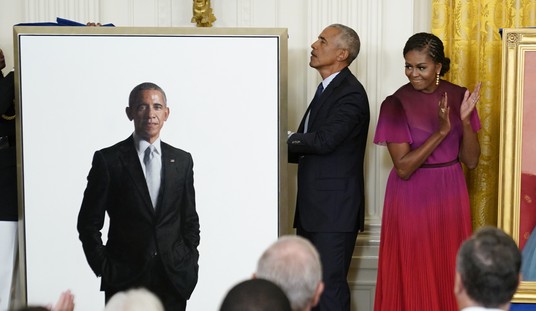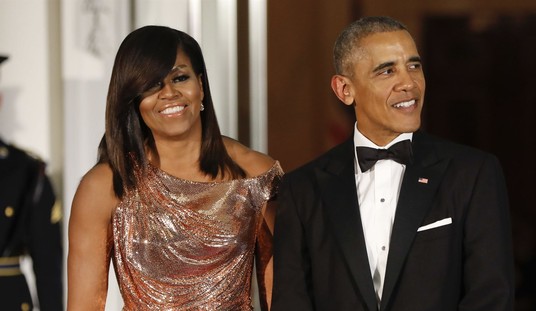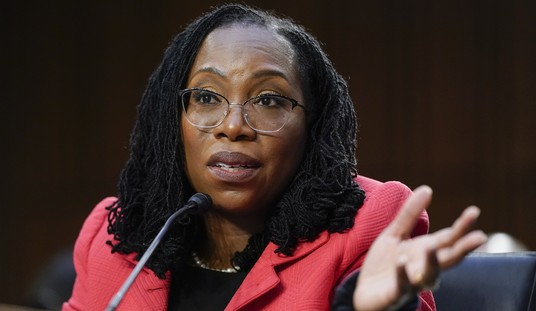Secretary of State John Kerry said he’s “just not in the business of hypothetical retroactive judgments” when asked at the Oxford Union today how history will view the Obama administration’s Syria inaction before the country spiraled out of control.
“I’ve got another eight months, and I’m looking forward to trying to figure out how we deal with the problem we have now. And I can’t just – it’s a waste of time for me to surmise whether or not if we did something – I wasn’t Secretary at the time or even when I did become Secretary. We have to go forward,” Kerry said.
Kerry took over the reins at the State Department from Hillary Clinton in February 2013, when the conflict had been ongoing for nearly two years.
By now, an estimated half million people have been killed in the fighting.
“There’s probably – I don’t know – five wars going on there. It’s not just the Syrian war. It’s Kurd versus Kurd – there are different current interests – Kurd versus Turkey. Saudi Arabia right now has a major challenge with Iran, and that complicates the challenge. You have Hizballah on the ground and fighting in Syria, which has an impact on Israel’s perceptions of threat and our perceptions of threat as a result also as an ally and friend of Israel, together with Great Britain and others. You have the fight against Daesh/ISIL, the fight against Nusrah – they have different sort of interests; and then you have, of course, the Shia-Sunni undercurrent that is too much used as an excuse for doing one thing or other. You also have the Persian-Arab divide,” Kerry continued.
“So you put all those pieces together, and you have a very toxic kind of cocktail that’s very difficult to work with.”
He added that the administration is trying to use “the art of diplomacy” to “define the interests of all the parties and see where the sweet spot is that those interests can come together and hopefully be able to thread a very thin needle.”
“And that’s the challenge of Syria. It’s as complicated as any conflict that I’ve seen in the entire time I’ve been in public life.”
Kerry ducked a question on what Donald Trump would do to American foreign policy, explaining to his British hosts that he’s not allowed to get “full-throatedly into the middle of a campaign.”
“Enough will be written, enough – you all see the debates. You will make your own judgments. But I – but it’s important just to talk about the issues and where people fall on the spectrum of those issues. I do think – and I’ve said this before publicly – it seems to me pretty fundamental that anybody running for president ought to be able to be declarative and clear and supportive of new energy policies that deal with climate change. And I think people have to judge whether or not one party or the other or one candidate or the other is doing that. But I’m not going to get into the other pieces of your – there are all kinds of issues like that that everybody will measure,” Kerry said.
“The American people are very capable in the end of making this decision. There are five months to go. There’s been enormous amount of back and forth on it. And I know you wish you could vote in Europe.”
Kerry was asked how he weighs fighting ISIS with “actively supporting states which are endemically corrupt, which don’t share our belief that women are equal, and who have also a vested interest in radical ideology.”
“We live in an uneven world, and the world of diplomacy is particularly uneven because it absolutely requires that you have to deal with people with whom you may have fundamental differences and disagreements,” the secretary of State replied.
“We have to be humble in our own sense of self. I often hear American – fellow Americans talk in terms of – and you’ve heard them talk in terms of the exceptionalism theory. And I think we are exceptional, but I don’t think we’re exceptional because we say we are, because we brag about it. I think we’re exceptional and have to be exceptional because we do exceptional things like helping Britain to liberate – help to win World War II or help to end AIDS in Africa, help to cut off Ebola, or do things like that,” he added.
“That’s where multilateralism and dealing with people is critical, no matter who they are. So you have to be measured in where people come from culturally, religiously, historically, and what their system is and how fast they can move to embrace modernity.”









Join the conversation as a VIP Member